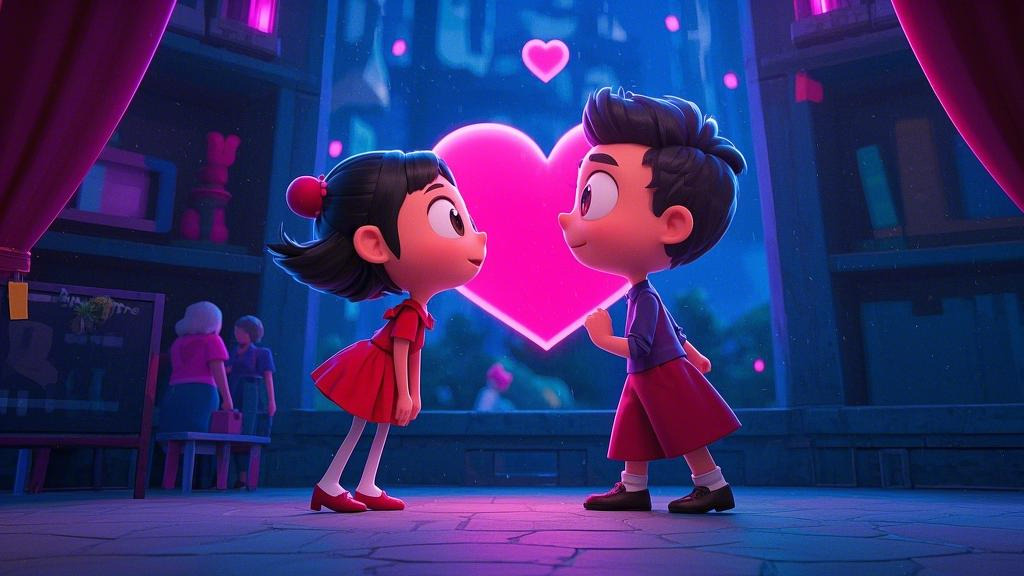Making Up After a Fight in a Relationship
By Kendra Cherry
|
2025.02.05

Relationships are intricate tapestries woven with threads of love, understanding, and occasionally, conflict. It's inevitable that even the most harmonious couples will encounter moments of discord. When a fight ensues, the emotional landscape can become turbulent, leaving both partners feeling hurt, confused, and distant. However, the art of making up after a fight is crucial in restoring the balance and strengthening the bond between two people. Here are some insights on how couples can navigate through these challenging times and emerge stronger together.
1. Acknowledge Emotions and Give Space
After a heated argument, it's essential for both partners to acknowledge their feelings without suppression. Allow yourself to feel the hurt, anger, or disappointment, but avoid acting impulsively. Sometimes, taking a brief timeout to calm down and gather your thoughts is vital. Respect each other's need for space, understanding that personal reflection can pave the way for clearer communication later.

2. Active Listening
When you're ready to address the issue, active listening becomes the cornerstone of effective communication. This means giving your full attention to your partner without interrupting, judging, or planning your response. Show empathy by nodding, using affirming statements, and mirroring back what you've heard to ensure understanding. Active listening demonstrates respect and fosters an environment where both parties feel heard and valued.
3. Express Yourself Calmly and Clearly
Once the emotional storm has subsided, it's time to articulate your feelings and perspectives. Use "I" statements to express how you feel without blaming the other person. For instance, say "I felt hurt when you said..." instead of "You always hurt me." This approach reduces defensiveness and encourages open dialogue. Remember to speak calmly and avoid accusatory language.
4. Identify the Root Cause
Digging deeper to understand the underlying cause of the fight is crucial. Often, arguments are symptoms of larger issues or unmet needs. Ask yourself and your partner what triggered the conflict and what deeper emotions or concerns might be at play. This exercise can reveal patterns or areas for growth, helping you address the core problems rather than just the symptoms.

5. Seek Common Ground and Compromise
In any relationship, compromise is a necessity. After identifying the root cause, work together to find solutions that meet both of your needs. This might involve giving a little on each side, showing flexibility, and understanding that no solution will be perfect. Focus on what you both want out of the relationship and strive for mutual benefit.
6. Apologize Genuinely
Sincere apologies can heal wounds and rebuild trust. Admit fault where appropriate, express regret for any hurt caused, and commit to making amends. Apologies should be clear and specific, addressing the behavior or words that were hurtful. Remember, an apology is not about winning or losing; it's about restoring harmony and showing humility.
7. Reaffirm Love and Commitment
End the reconciliation with acts of affection and words of reassurance. Hug, kiss, or hold hands as you restate your love and commitment to each other. Affirm that despite the fight, you both value the relationship and are willing to work through difficulties together. This reinforcement helps reinforce the bond and serves as a reminder of why you chose to be together in the first place.
8. Learn and Grow Together
Every fight presents an opportunity for personal and relational growth. Use these moments as learning experiences, discussing how you can improve communication, handle conflicts better, or meet each other's needs more effectively in the future. A growth mindset fosters resilience and deepens your connection over time.
In conclusion, making up after a fight in a relationship is a delicate dance of understanding, communication, and compassion. By acknowledging emotions, listening actively, expressing yourself clearly, seeking common ground, apologizing genuinely, reaffirming love, and learning from the experience, you can transform moments of discord into opportunities for greater intimacy and strength. Remember, it's not about who wins or loses; it's about coming together as a team to navigate life's challenges hand in hand.





































































